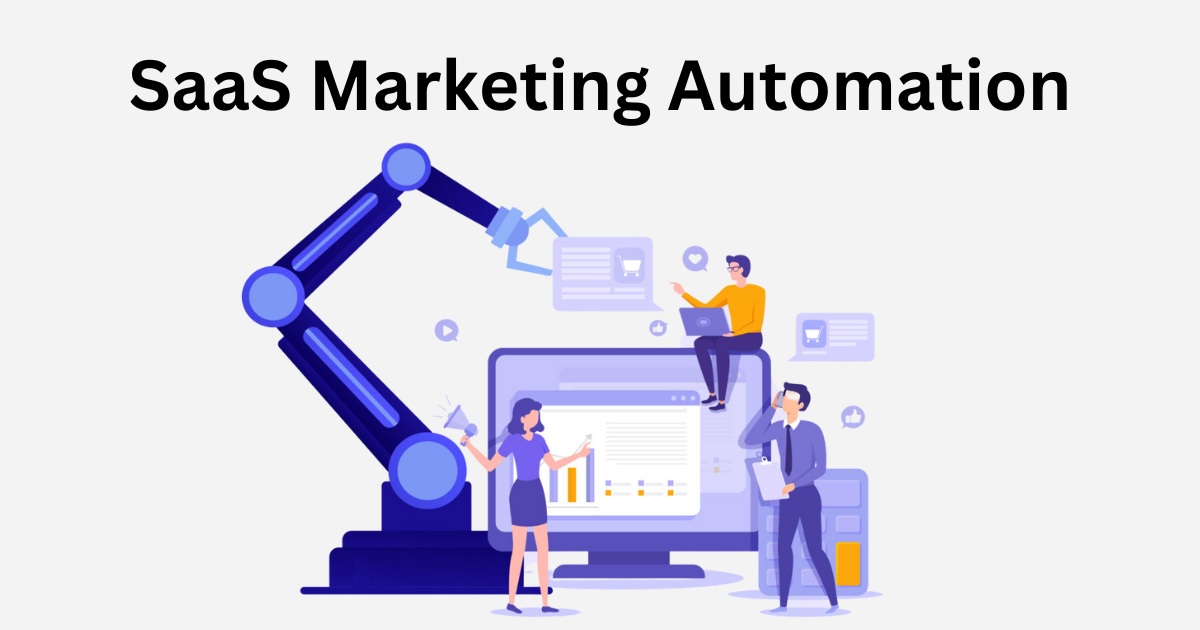As the SaaS industry continues to grow, marketing automation has become an essential tool for businesses looking to scale their operations and drive growth. SaaS marketing automation enables companies to streamline their marketing efforts, personalize customer experiences, and improve overall efficiency.
In this comprehensive guide, we’ll dive into the world of SaaS marketing automation, exploring its benefits, key features, and best practices for implementation.
What is SaaS Marketing Automation?

SaaS marketing automation refers to the use of software and technology to automate repetitive marketing tasks and processes for SaaS businesses. This includes email marketing, social media management, lead generation, and customer lifecycle management. By automating these marketing activities, SaaS companies can save time, reduce costs, and improve the effectiveness of their marketing campaigns through efficient marketing processes, such as sales automation and marketing software.
Benefits of SaaS Marketing Automation
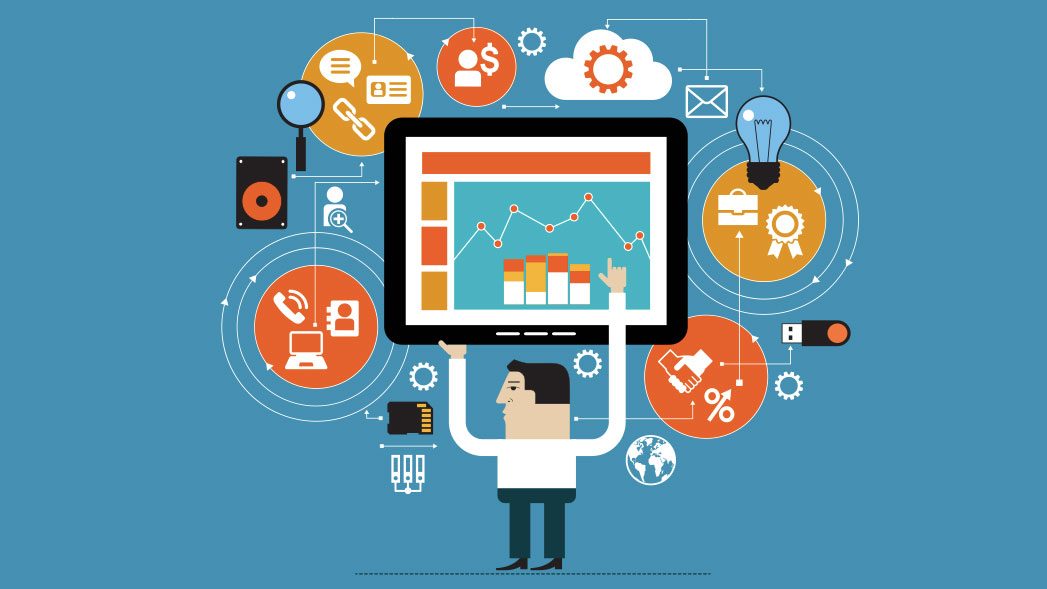
SaaS marketing automation is very important for software companies that want to succeed in the digital world today. It brings many benefits, such as better efficiency, useful data, and a great customer experience. Implementing a strong SaaS marketing plan that leverages automation can yield significant results.
- Higher Conversion Rates: One of the primary benefits of SaaS marketing automation is the ability to increase conversion rates. By leveraging tools like lead scoring and nurturing, businesses can identify and engage with high-quality leads, ultimately leading to more conversions and revenue growth. Tracking the right SaaS marketing metrics can help optimize your automation for maximum conversions.
- Personalized Marketing Automation Strategy: SaaS marketing automation enables businesses to create personalized experiences for their customers. By segmenting audiences and tailoring content to specific user behaviors and preferences, companies can deliver more relevant and engaging marketing messages, improving customer satisfaction and loyalty.
- Accurate Reporting: With SaaS marketing automation, businesses can access real-time data and insights into the performance of their marketing campaigns. This allows for more accurate reporting, enabling teams to make data-driven decisions and optimize their strategies for better results. Monitoring the right SaaS marketing KPIs is important for measuring success.
- Marketing and Sales Alignment: Marketing automation tools help bridge the gap between marketing and sales teams. By providing a centralized platform for lead management and customer data, both teams can work together more effectively to nurture leads and close deals. Aligning marketing and sales is essential for moving prospects through the SaaS marketing funnel.
- Lead Nurturing: SaaS marketing automation excels at lead nurturing, allowing businesses to guide prospects through the sales funnel with targeted content and personalized interactions. By automating lead nurturing workflows, companies can build stronger relationships with potential customers and increase the likelihood of conversion. SaaS email marketing plays a key role in effective lead nurturing.
What to Consider Before Choosing the Best SaaS Marketing Automation Tool?
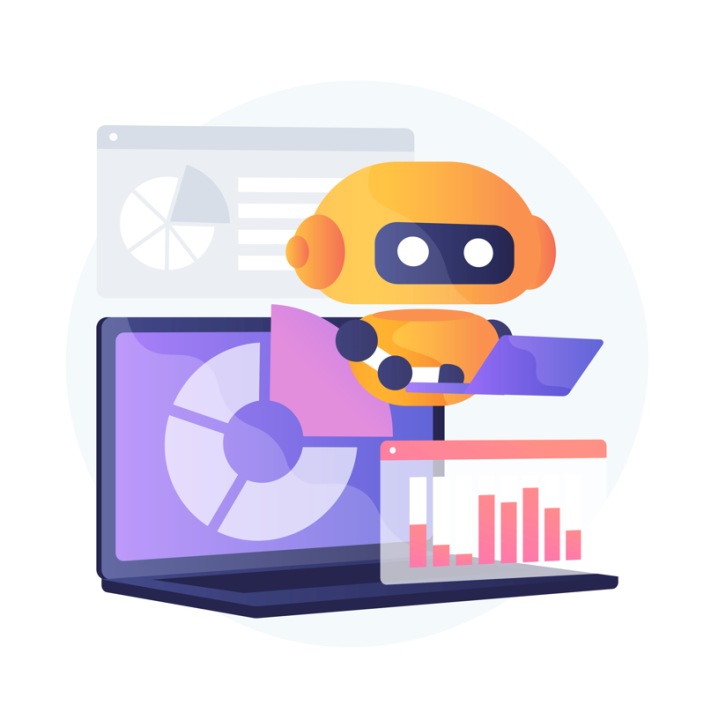
When selecting a SaaS marketing automation tool, there are several key factors to consider:
- Identify your specific marketing needs and goals
- Evaluate the tool’s features and capabilities
- Consider integration compatibility with your existing tech stack
- Assess the tool’s scalability and flexibility to grow with your business
- Compare pricing plans and determine the best value for your budget
Best SaaS Marketing Automation Tools
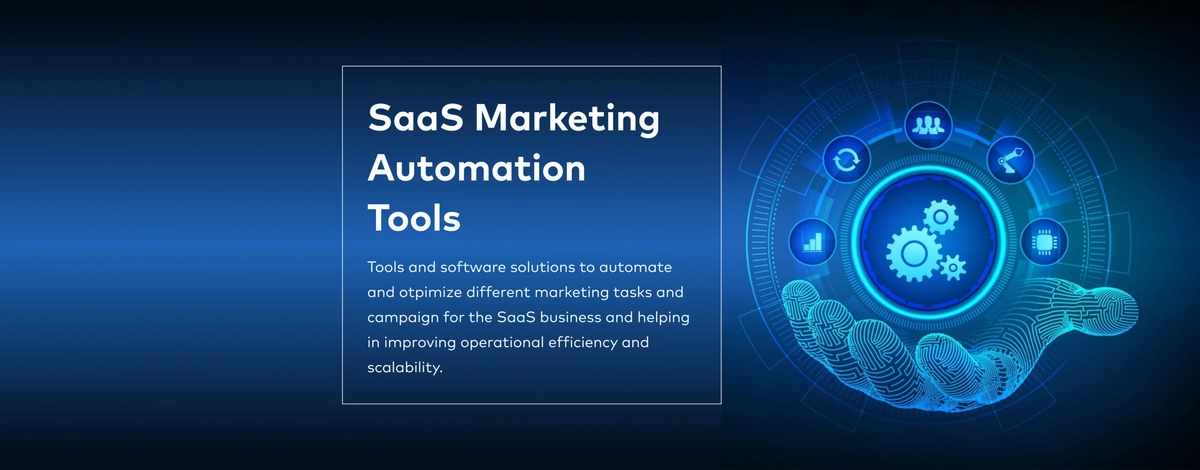
The right marketing automation tool can really help your business. Many options are out there. Each one has special strengths and features for different needs.
Here are a few of the best tools to think about:
HubSpot Marketing Automation
HubSpot offers an all-in-one marketing automation solution that integrates seamlessly with their CRM. It provides a visual board to create simple or sophisticated conditional workflows for email campaigns, live chat, website personalization, and more.
HubSpot covers all your SaaS Marketing needs with advanced features and an intuitive user interface. While it can take time to master, the creative automation possibilities are endless once you get the hang of it.
HubSpot’s tools go far beyond just email, allowing you to scale your growth and spend less time on repetitive tasks.
Semrush Marketing Automation Tools
Semrush provides a comprehensive suite of marketing automation tools as part of its digital marketing platform. It includes tools for market research, strategy, planning, content production, advertising, and measuring results – all working together seamlessly.
Some key tools are the Content Marketing Toolkit to streamline content campaigns, Agency Solutions for agencies managing multiple clients, and various AI-powered tools to accelerate content creation and optimization.
Semrush also offers powerful SaaS SEO tools to improve your organic search performance. Semrush provides a wealth of educational resources to help master digital marketing skills.
Adobe Marketo Engage
Adobe Marketo Engage is an industry-leading marketing automation platform that aligns sales and marketing to engage customers across complex journeys. It allows you to orchestrate cross-channel campaigns to acquire, nurture, and retain customers.
Features include powerful email marketing, automated lead management and scoring, account-based marketing, and multi-touch attribution. Marketo’s automation and AI capabilities help identify and engage your best customers to accelerate their experience.
ActiveCampaign
ActiveCampaign combines email marketing, CRM, and machine learning to enable customer experience automation. It goes beyond basic automation to create optimized experiences across all touchpoints by understanding customer paths and triggering personalized actions.
ActiveCampaign can predict behaviors and adjust strategies in real time based on interactions. Its intuitive platform and competitive pricing make it accessible even for small businesses. The site and event tracking show how contacts engage with your brand to inform tailored automation.
Autopilot
Autopilot provides visual marketing automation software to automate and personalize your marketing across the entire customer journey.
You can capture and nurture leads, onboard and educate new customers, and create loyal advocates with memorable interactions – all without manual work. Autopilot integrates with hundreds of popular apps to automate tasks between them.
It enables omnichannel marketing by engaging customers on every channel with a consistent experience. The visual journey builder makes it easy to design and automate the entire customer lifecycle.
Intercom
Intercom is a customer communications platform with marketing automation capabilities focused on customer engagement and support. It allows sending targeted emails, in-app, and push messages to onboard, activate, and retain customers.
Intercom can trigger personalized messages based on user behavior in your product or website. It also provides live chat and an integrated help center to enable conversational support. A key strength is unifying customer data and interactions across channels into a single platform.
Key Features of SaaS Marketing Automation Tools
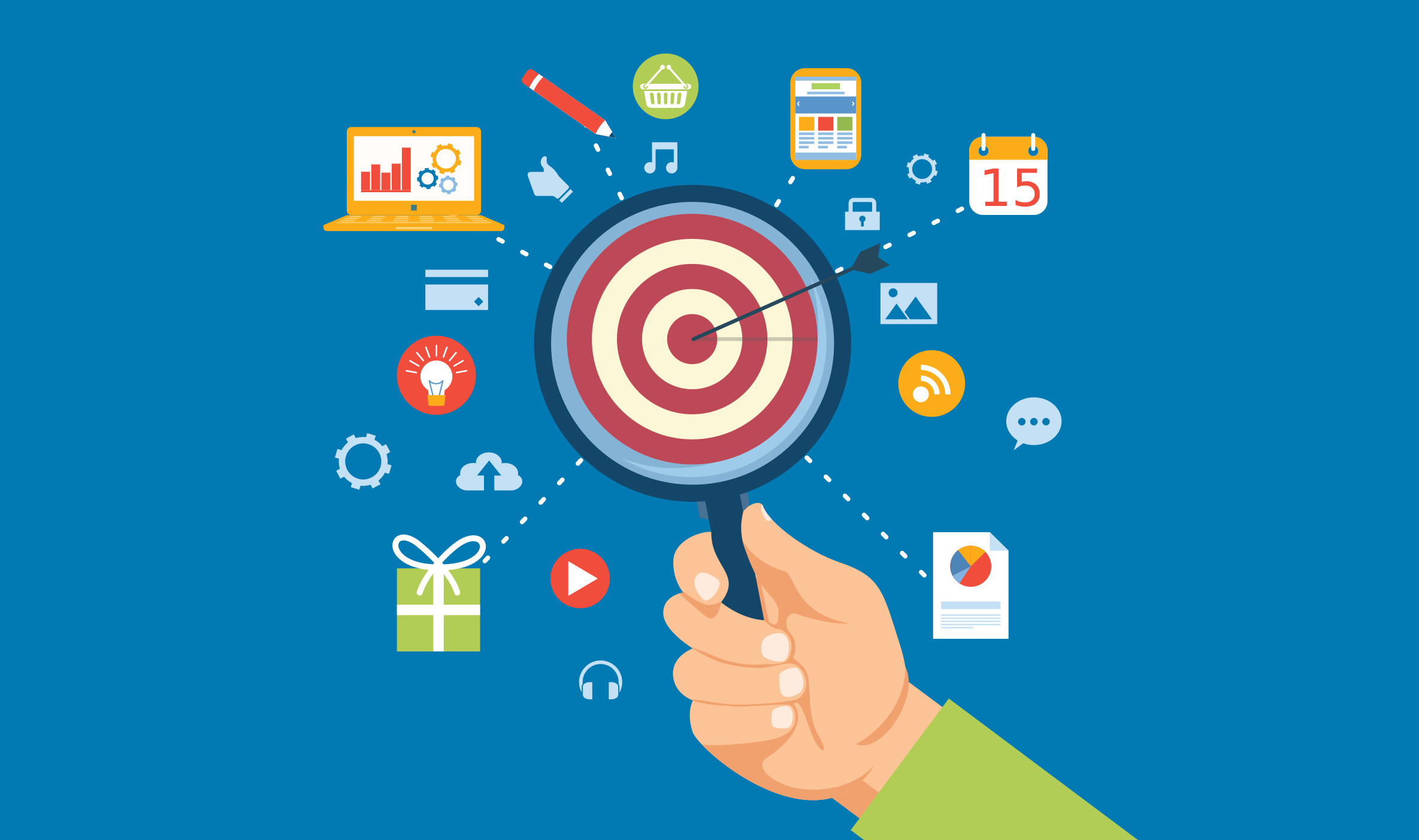
When evaluating SaaS marketing automation tools, look for the following key features:
- Email marketing automation
- Lead scoring and nurturing
- Customer segmentation and personalization
- Social media management and automation
- Analytics and reporting
- CRM integration
- Landing page and form builders
- A/B testing capabilities
- Workflow automation
- Customer journey mapping
How to Implement SaaS Marketing Automation?

Implementing SaaS marketing automation involves a strategic approach to ensure success.
Here’s a step-by-step guide:
- Step 1: Define Your Goals and Strategy: Start by clearly defining your marketing goals and developing a comprehensive strategy. Identify your target audience, key performance indicators (KPIs), and the specific marketing channels you’ll focus on. Conducting thorough keyword research using search intent is important for reaching your audience.
- Step 2: Choose the Right Automation Tools: Based on your goals and strategy, select the SaaS marketing automation tools that best fit your needs. Consider factors like features, integrations, scalability, and pricing. Look for tools that provide robust analytics to help you measure SEO success.
- Step 3: Set Up Your Automation Workflows: Once you’ve chosen your tools, set up your automation workflows. This includes creating email sequences, designing landing pages, configuring lead scoring rules, and establishing customer journeys. Ensure your workflows align with the different types of SEO you’re targeting.
- Step 4: Monitor, Analyze and Optimize: Continuously monitor the performance of your marketing automation campaigns. Analyze key metrics like open rates, click-through rates, and conversion rates. Use these insights to optimize your workflows and improve overall effectiveness. Regularly check SEO rankings to ensure your automation is driving organic growth.
How Much Does SaaS Marketing Automation Software Cost?
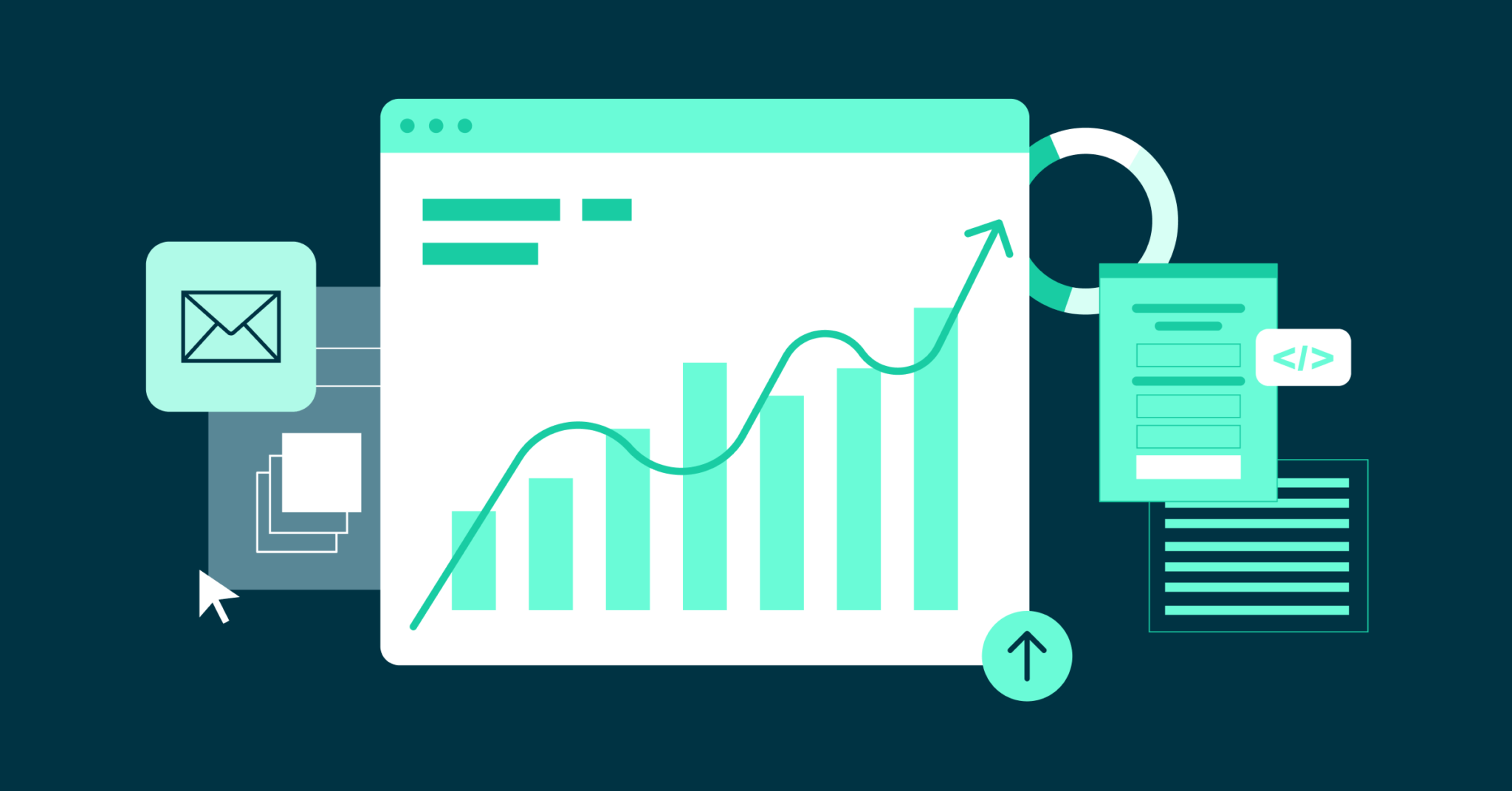
The cost of SaaS marketing automation software varies depending on the specific tool and the scale of your business. Some platforms offer a free version with limited features, while others offer a free trial with unlimited access to all features for a certain period of time. Monthly subscription fees for paid versions can range from a few dollars to several thousand dollars for enterprise-level solutions. It’s essential to carefully evaluate your budget and needs when selecting a tool.
How Are the Pricing Plans Modeled For Marketing Automation Software?
- Pay-Per-Month Plans: Many SaaS marketing automation tools offer pay-per-month plans, where businesses pay a fixed monthly fee for access to the platform’s features. These plans often include a set number of contacts or emails and may have different tiers based on the level of functionality required.
- Pay Per Contact, Per Month: Some marketing automation platforms charge based on the number of contacts in your database. With this pricing model, businesses pay a fixed fee per contact per month, which can be more cost-effective for companies with smaller contact lists.
The Risks of Automating Every Part of Your Business
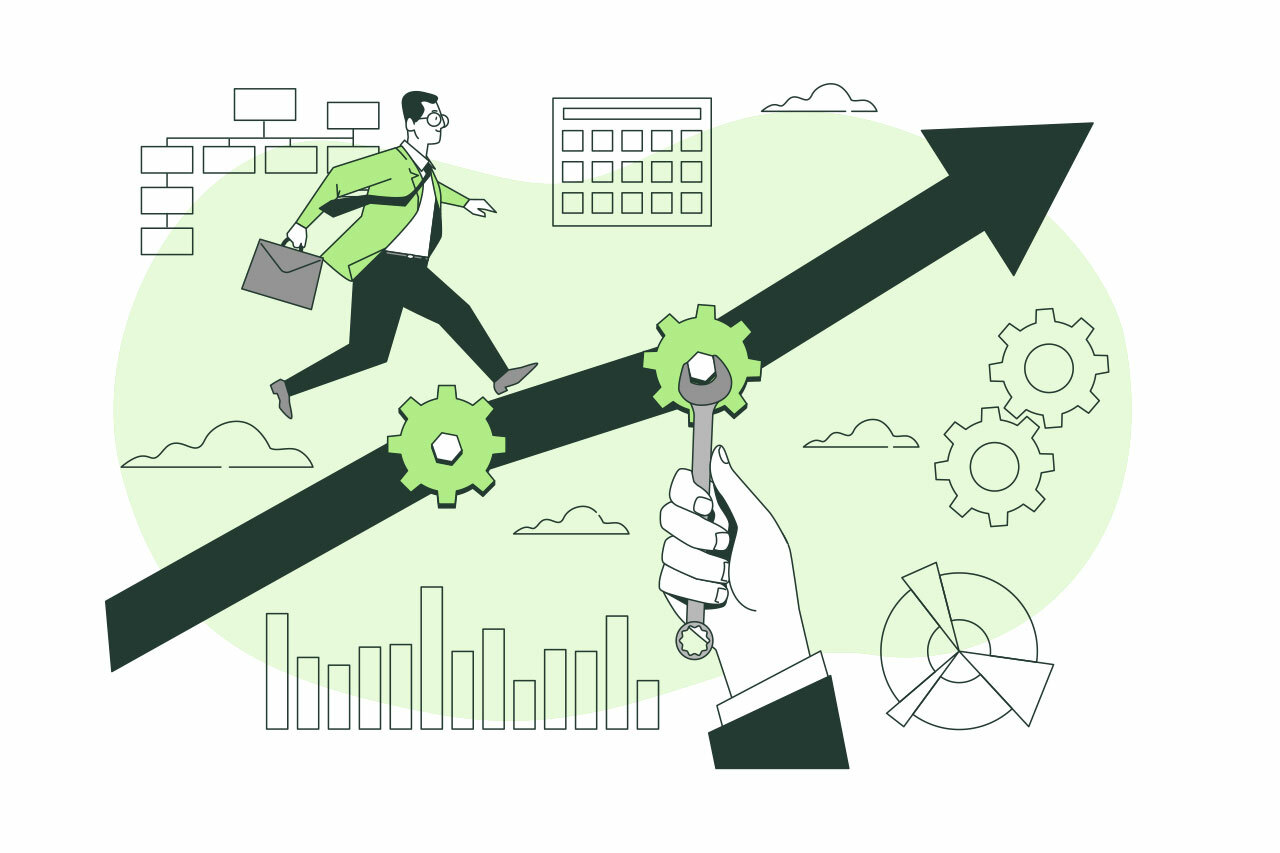
While marketing automation offers numerous benefits, it’s important to recognize the potential risks of over-automating. Relying too heavily on automation can lead to a lack of personal touch, which may negatively impact customer relationships.
Additionally, poorly implemented automation can result in irrelevant or spammy communications, damaging your brand reputation. Strike a balance between automation and human interaction to ensure the best possible customer experience.
Tips For Choosing the Right SaaS Marketing Automation Platform For SaaS Business
Choosing the right SaaS marketing automation platform is important. You need to think about your business goals, budget, and technical skills.
- Asses Your Marketing Needs: Before selecting a marketing automation platform, thoroughly assess your business’s specific marketing needs. Identify the key features and capabilities that align with your goals and strategies. Consider how automation can support your SaaS PR efforts and drive brand visibility.
- Determine Your Budget: Consider your budget when evaluating marketing automation tools. Look for platforms that offer the best value for your money, balancing features and affordability.
- Integration Compatibility: Ensure that the marketing automation platform you choose integrates seamlessly with your existing tech stack, including your CRM, website, and other marketing tools. Seamless integration is important for enterprise SaaS SEO success.
- Scalability and Flexibility: Choose a platform that can scale with your business as it grows. Look for tools that offer flexibility in terms of features, pricing, and customization options.
- Work With a SaaS Marketing Agency: Partnering with a SaaS marketing agency like VH Info can help you navigate the complexities of marketing automation. Our team of experts can guide you in selecting the right tools, implementing effective strategies, and optimizing your campaigns for maximum impact. We stay up-to-date on the latest trends by attending top SaaS conferences and listening to insightful SaaS podcasts.
FAQ’s:
Can Small Businesses Benefit From Marketing Automation?
Yes, small businesses can greatly benefit from marketing automation. By automating repetitive tasks and personalizing customer experiences, small businesses can compete more effectively with larger companies and drive growth.
How Can Marketing Automation Improve the Customer Lifecycle in SaaS?
Marketing automation helps SaaS businesses nurture leads, onboard new customers, and retain existing ones by delivering targeted content and personalized experiences at each stage of the customer lifecycle.
What Skills Are Needed to Successfully Implement SaaS Marketing Automation?
To successfully implement SaaS marketing automation, businesses need skills in marketing strategy, data analysis, content creation, and technical proficiency with automation tools. It’s also important to understand SaaS technical SEO best practices to ensure your automation is search engine friendly.
How Does Marketing Automation Impact Customer Experience?
When used effectively, marketing automation can significantly enhance the customer experience by delivering relevant, personalized content and interactions. However, over-automation can lead to a lack of human touch, so it’s important to strike a balance.
Conclusion
SaaS marketing automation is a powerful tool for businesses looking to scale their operations, improve efficiency, and drive growth.
To enhance customer experiences, improve lead nurturing, and enhance marketing efforts, SaaS companies should utilize automation tools and strategies.
When incorporating SaaS marketing automation, it is essential to evaluate business requirements, select appropriate tools, and establish a thorough plan.
Collaborating with a SaaS marketing agency such as VH Info can offer valuable direction and knowledge for achieving success. Our team can help you implement technical best practices like optimizing your URL slugs, leveraging search engine indexing algorithms, and using canonical tags for SEO. We can also assist with off-site SEO tactics like guest posting to build high-quality backlinks. By tracking your backlinks and regularly checking for bad backlinks, you can maintain a strong link profile that boosts your search rankings.
While some may wonder if Google Ads help SEO, the reality is that paid advertising and organic search work best together as part of a holistic SaaS marketing strategy. By combining automation with SEO, content marketing, PR, and paid channels, you can maximize your online visibility and drive sustainable growth.
Marketing automation will become increasingly important in the SaaS sector’s development, aiding companies in remaining competitive and meeting customer demands.
SaaS companies can position themselves for long-term success in the constantly evolving digital landscape by embracing automation and staying updated on current trends.

